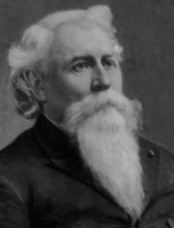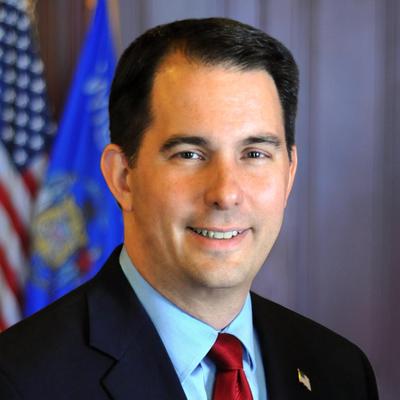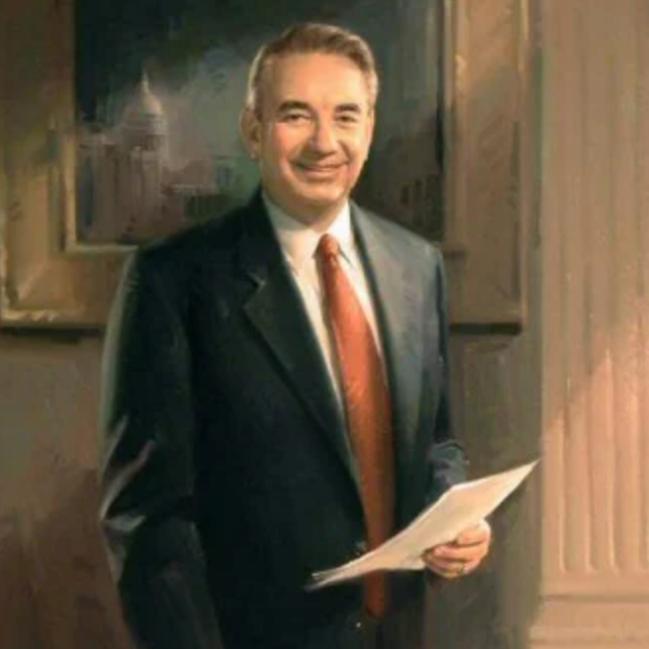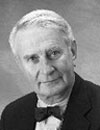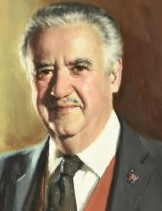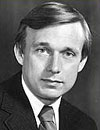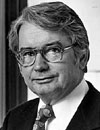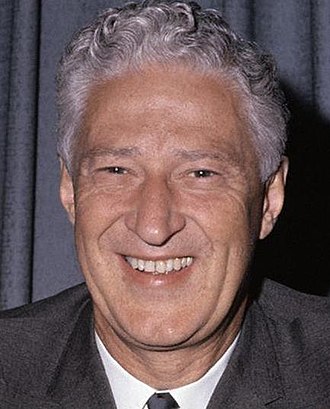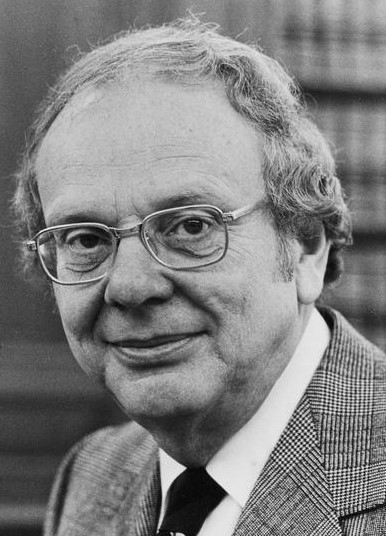This website uses cookies so that we can provide you with the best user experience possible. Cookie information is stored in your browser and performs functions such as recognizing you when you return to our website and helping our team to understand which sections of the website you find most interesting and useful. Please see our privacy policy for more information.
Wisconsin
Gov. Jeremiah M. Rusk
- January 2, 1882 - January 7, 1889
- Republican
- June 17, 1830
- November 21, 1893
- Ohio
- Married twice--Mary Martin, Elizabeth M. Johnson; three children by his first wife and four by his second wife
- Cabinet secretary, Representative
- Army
About
JEREMIAH M. RUSK was born on a farm in Deerfield Township, Ohio, which he managed after his father’s death. He married in 1849, and took his family in a covered wagon to a farm near Viroqua, Wisconsin, where he opened a tavern and ran a stagecoach line. He was elected Sheriff of Bad Ax County in 1855 and became county coroner two years later. In 1861, Bad Ax, which had changed its name to Vernon County, elected him to the State Assembly as a Republican. After serving one session, he recruited a volunteer infantry regiment for the Union Army that participated at Vicksburg in 1863 and at the siege of Atlanta in 1864. He achieved the rank of Brigadier General, decorated for gallantry in action. Upon returning from the war in 1865, he was elected Wisconsin State Bank Comptroller, a position that he held until 1870, after which he served three terms in the U.S. House of Representatives. He declined President Garfield’s appointments to a number of ambassadorships and to the position of Chief of the U.S. Bureau of Engraving and Printing, instead winning election as governor on the Republican ticket in 1881. His first term was extended one year when the state constitution was amended to provide for the election of state officers and the legislature during even-numbered years. Serving two more terms, he showed sympathy with construction workers who had been stranded by the failure of the Chicago, Portage and Superior Railway. However, one day after the famous Haymarket Square disturbance in Chicago, he called out the Kosciusko Guard, a militia unit, to quell labor agitation at an iron works factory in Milwaukee. Although the confrontation resulted in the death of five people and the severe wounding of four others, Rusk was considered a national hero for his actions, and he was appointed by President Benjamin Harrison to be the first Secretary of Agriculture, a position in which he succeeded in convincing several nations to lift their restrictions on the importation of U.S. livestock and meat. After President Harrison’s defeat in 1892, Rusk retired to his farm near Viroqua.
Source
Sobel, Robert, and John Raimo, eds. Biographical Directory of the Governors of the United States, 1789-1978, Vol. 4. Westport, CT: Meckler Books, 1978. 4 vols.
The National Cyclopaedia of American Biography, Vol. 1. New York: James T. White & Company.

